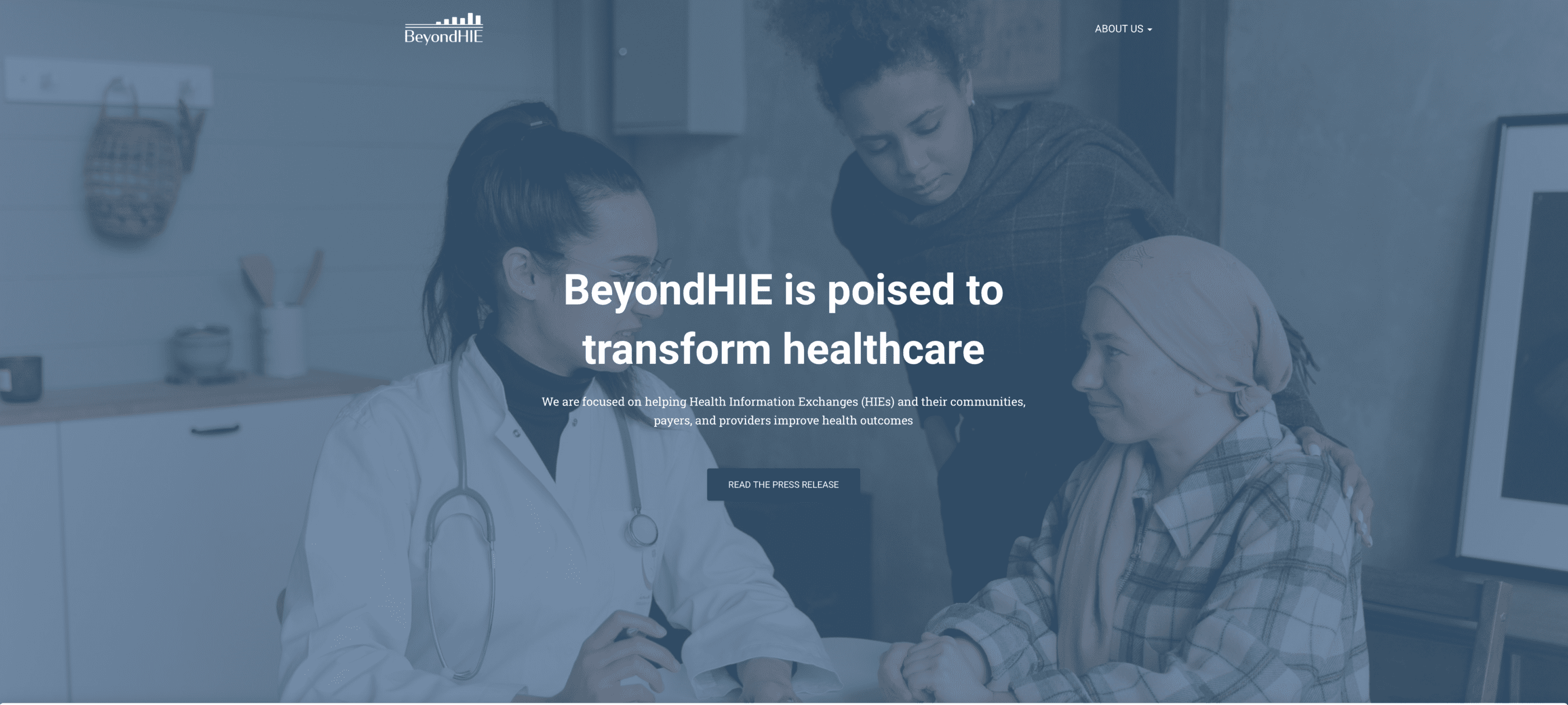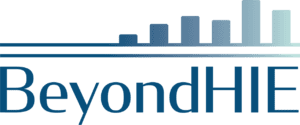
Health Information Exchanges (HIEs) have worked on interoperability for over a decade. Interoperability is crucial for improving patient care, reducing medical errors, and reducing avoidable procedures and unnecessary rework. The Information Blocking Rule (IBR), a part of the 21st Century Cures Act, aims to prevent healthcare providers and other entities from hindering interoperability or the exchange of electronic health information (EHI). This rule prohibits actions that intentionally restrict or interfere with the access, exchange, or use of electronic health information, promoting a more interconnected healthcare ecosystem. By fostering interoperability, IBR empowers patients and healthcare providers to access and share health information efficiently, leading to better-coordinated care and improved health outcomes.
This blog post will discuss the two main views of the IBR. First, to be compliant with the Information Blocking Rule, healthcare providers and other entities must ensure they are not intentionally restricting or interfering with the access, exchange, or use of electronic health information. This includes implementing systems and processes that enable the seamless flow of patient data while adhering to appropriate security and privacy measures. Second, the Information Blocking Rule offers several benefits, including improved patient care through better access to their health information, reduced medical errors due to more complete and accurate data, and enhanced coordination among healthcare providers. This ultimately leads to better health outcomes for patients and a more efficient healthcare system.
Understanding Information Blocking Compliance
Specific actions by providers, health systems, payers, and hospitals may be considered information blocking. This includes refusing to provide access to electronic health information, imposing unreasonable fees, or using technology that restricts data sharing. By understanding the rule’s requirements and exceptions, entities can ensure they are complying with its provisions, and fostering a more interoperable healthcare ecosystem that benefits patients and providers alike.
The Impact of New Disincentives on Healthcare Providers
Disincentive regulations for healthcare providers went into effect on July 31, 2024. The new disincentive regulations for healthcare providers emphasize the importance of compliance with information blocking rules. These regulations, established by the U.S. Department of Health and Human Services (HHS), impose penalties on providers who: “engage in practices that the health care providers knew were unreasonable and were likely to interfere with, prevent, or materially discourage the access, exchange, or use of EHI, except as required by law or covered by a regulatory exception.”
Penalties for Non-Compliance
The penalties for non-compliance with IBR can be significant and vary depending on the severity of the violation. Here’s a breakdown:
- Civil Monetary Penalties (CMP): The Office of Civil Rights (OCR) can impose civil monetary penalties of up to $1 million per violation.
- Corrective Action Plan: OCR can require the non-compliant entity to develop and implement a corrective action plan to address the violation.
- Public Disclosure: OCR can publicly disclose the name of the non-compliant entity and the nature of the violation.
- Other Enforcement Actions: In addition to the above, OCR can also take other enforcement actions, such as issuing a Notice of Proposed Determination (NOPD) or a Notice of Enforcement Action (NOEA).
It’s important to note that the Information Blocking Rule also includes a “safe harbor” exception that protects entities from penalties if they can demonstrate that they are acting in good faith and have taken reasonable steps to comply with the rule. However, even with the safe harbor provision, it’s pivotal for entities to understand the rule’s requirements and to take steps to ensure compliance.
Benefits of HIEs to Support IBR Compliance
HIEs can facilitate compliance with the Information Blocking Rule. HIEs act as secure platforms for the exchange of electronic health information between different healthcare providers, enabling seamless data sharing and reducing the likelihood of information blocking. By providing a standardized infrastructure for data exchange, HIEs eliminate the need for providers to develop their own complex systems, which can help to reduce the risk of intentional or unintentional information blocking. Furthermore, HIEs promote interoperability by supporting data exchange in a standard and secure manner, making it easier for providers to access and share patient information. In this way, HIEs contribute significantly to a more interconnected healthcare ecosystem that assists with IBR compliance and benefits both patients and providers.
Conclusion
As healthcare continues to share data and information more frequently, the importance of adhering to information blocking regulations cannot be overstated. The penalties for non-compliance are significant, and the need for seamless access to patient data is critical. HIEs play an important role in helping healthcare providers and caregivers support the secure sharing and accessing of EHI.
UHIN operates and maintains the Clinical Health Information Exchange (The CHIE) that allows caregivers to improve access to data collected from outside of their system. The CHIE is the only HIE in Utah.
Sources
“What is Information Blocking and to Whom Does It Apply?”, HealthIT.Gov, https://www.healthit.gov/topic/information-blocking
“HHS Finalizes Rule Establishing Disincentives for Health Care Providers That Have Committed Information Blocking”, U.S. Department of Health and Human Services (HHS), June 24, 2024, https://www.hhs.gov/about/news/2024/06/24/hhs-finalizes-rule-establishing-disincentives-health-care-providers-that-have-committed-information-blocking.html




